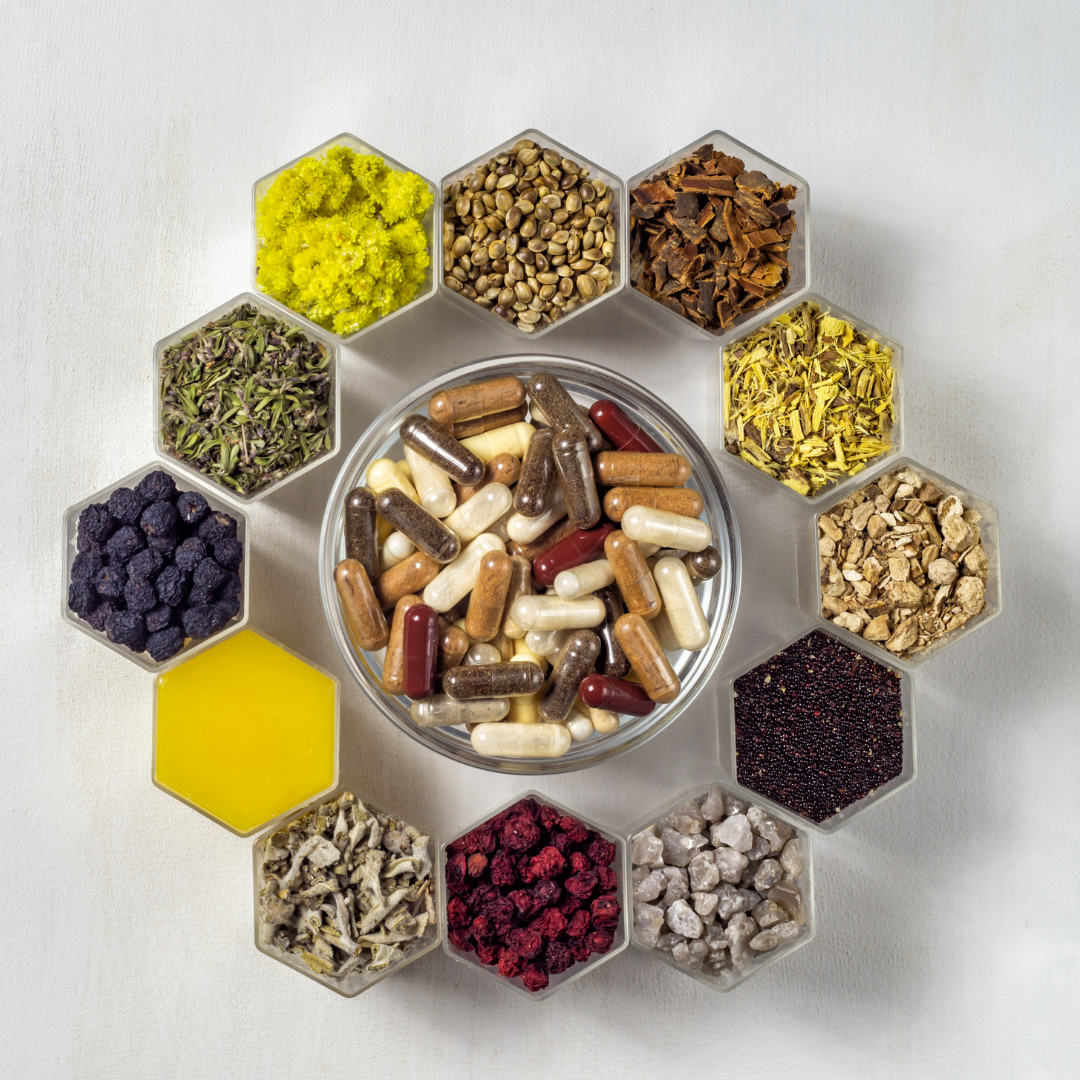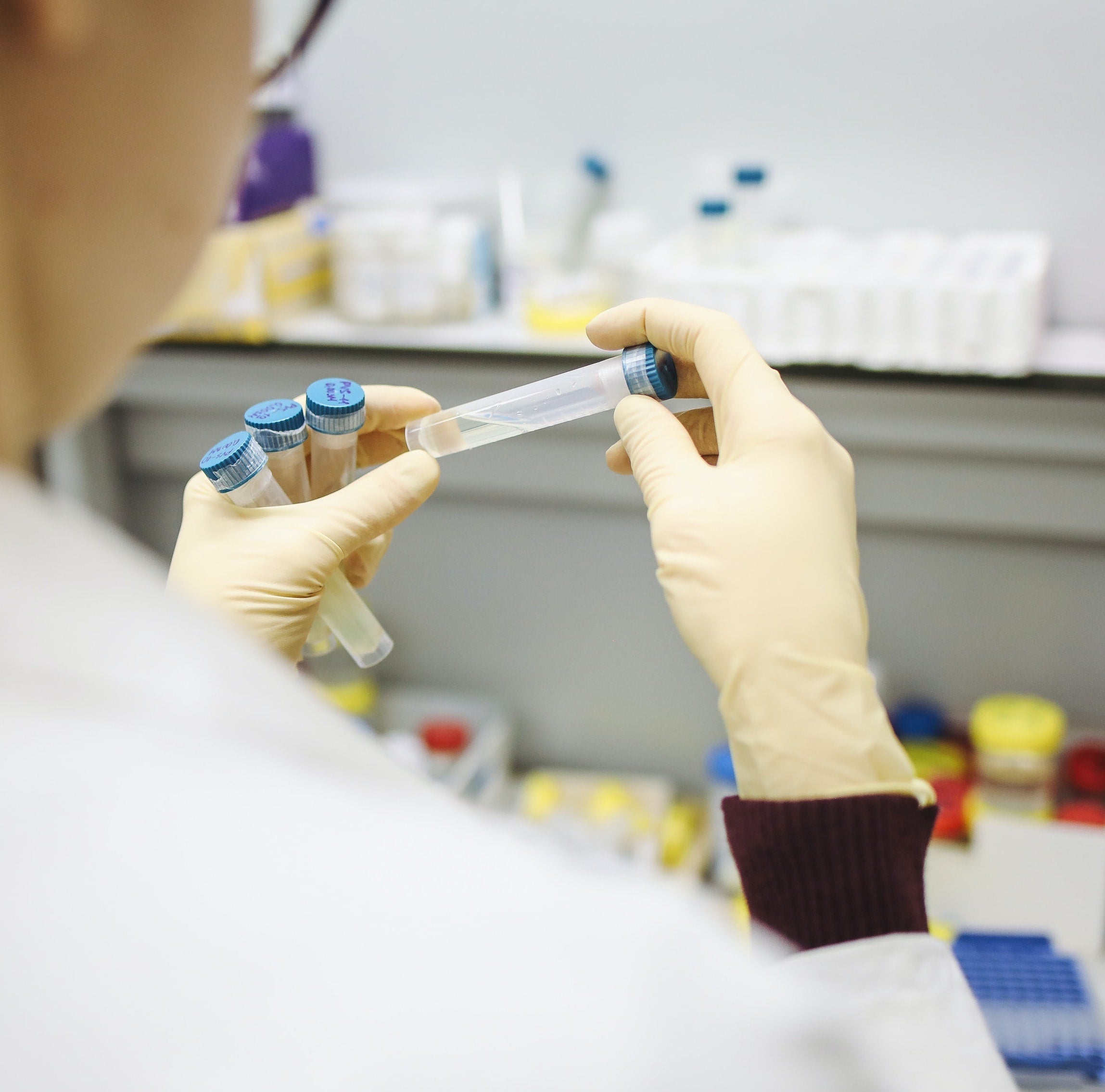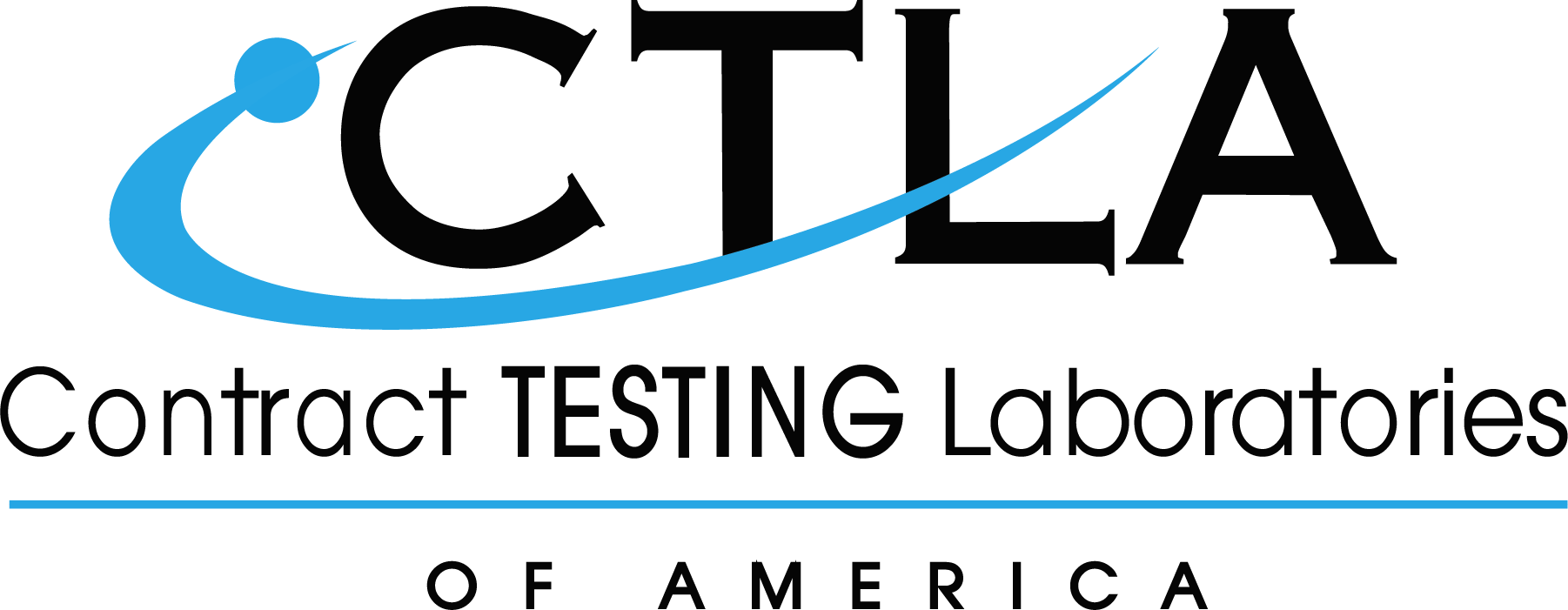Articles

Allergen Testing
Botanical Identity and Purity Testing
As part of current good manufacturing practices (GMP), the U.S. Food and Drug Administration (FDA) requires a dietary supplement to consistently meet established specifications for identity, purity...
Read more
HPTLC
High-Performance Thin-Layer Chromatography (HPTLC)
High-performance thin-layer chromatography (HPTLC) is a powerful analytical technique that relies on polarity differences to separate the components of a mixture. HPTLC is used to assess substance ...
Read more




